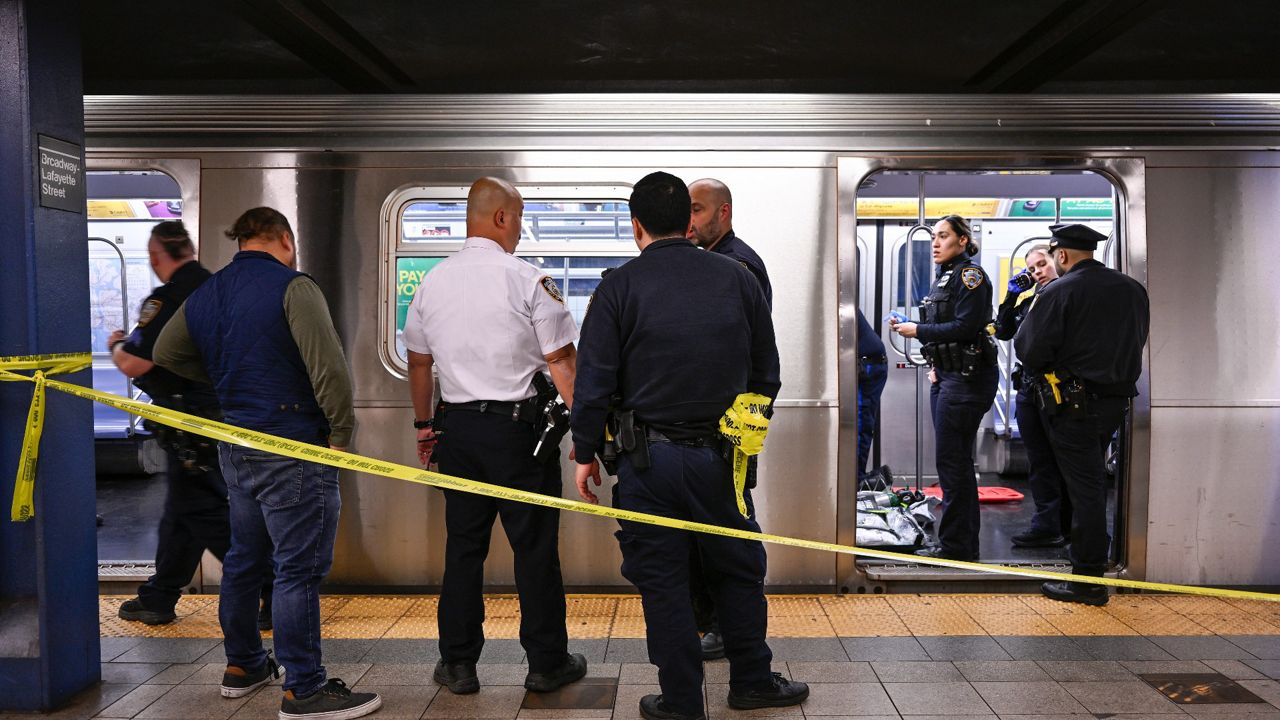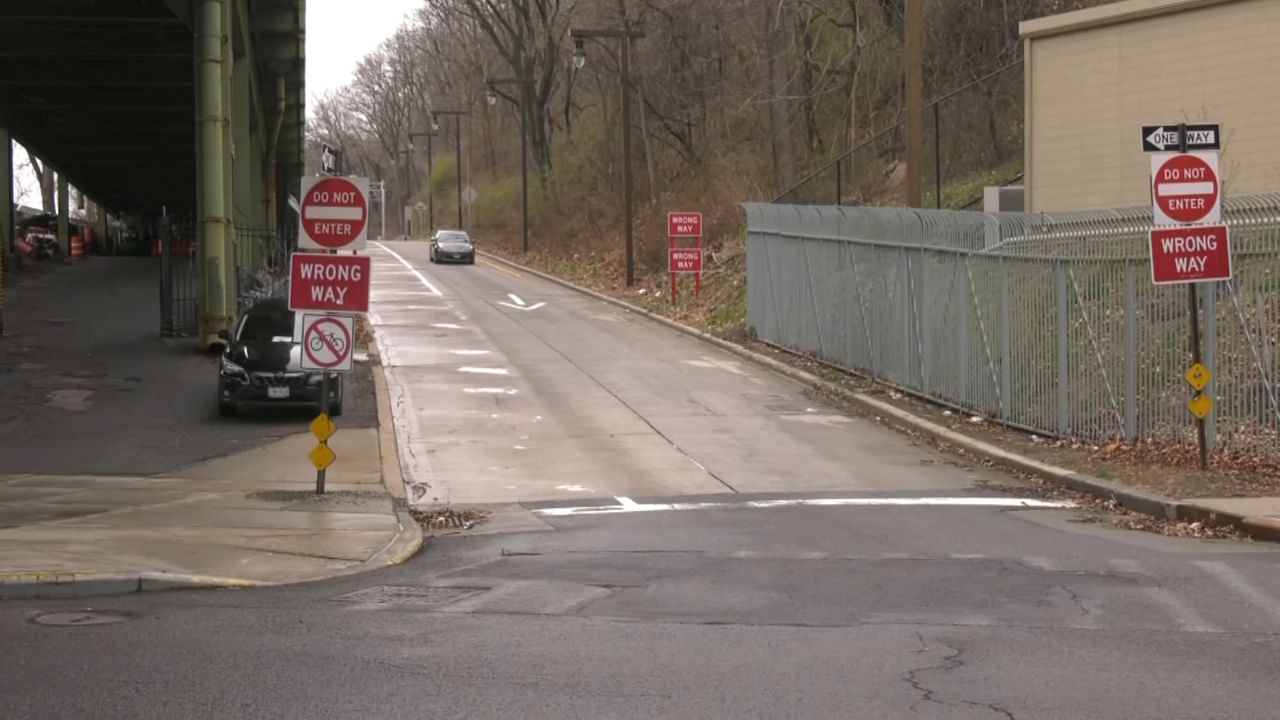Three days after Jordan Neely, a man who witnesses and lawmakers believe was in crisis on the subway, was choked to death by a fellow rider, City Council members made impassioned pleas for a package of bills aimed at streamlining mental health resources.
Council members who spoke at a hearing of the council’s Committee for Mental Health, Disabilities and Addiction on Thursday said Neely, 30, was known to many New Yorkers for his Michael Jackson impressions in the Times Square transit hub and was homeless at the time of the incident on the northbound F train.
Freelance journalist Juan Alberto Vazquez uploaded a video on Facebook with a post that said Neely was yelling in the subway car that he had no food, nothing to drink, that he didn't mind going to jail and getting life in prison, and that he was “ready to die."
Fellow riders then subdued Neely, and a 24-year-old man is seen in a video holding Neely in a chokehold until his body went limp, according to police officials.
“I'm frustrated, I'm angry,” Council member Kevin C. Riley said at the hearing Thursday. “I'm sad because for the last few years we’re watching, literally, instead of us receiving resources, we are being choked out. Black men are not safe.”
On Wednesday, the medical examiner’s office ruled Neely’s death a homicide. The Manhattan district attorney’s office also said it is investigating the incident.
“What kind of city are we if we let people languish on the streets and subways with untreated mental illness?” Council member Erik Bottcher said in an interview before the hearing. “We are so much better than this as a city. We are the richest city and the richest country on the planet. We could do so much better.”
The man who held Neely in a chokehold was taken into custody and released without charges. His name has not been publicly released.
The package of bills, called the “Mental Health Roadmap,” is designed to streamline the already existing mental health resources in the city and eliminate gaps in care, Council member Linda Lee, chair of the committee, said.
The bills would establish an extensive outreach and education campaign on mental health services under NYC Care and would require the Department of Health and Mental Hygiene, along with the NYPD, to provide an annual report regarding involuntary removals of people undergoing mental health crises from public spaces. It would also require the DOHMH to develop and maintain an online database and interactive map highlighting available outpatient resources, along with detailed information on services provided.
“New York City has a wide panoply of services, including free mental health care for New Yorkers, but those services are underutilized,” said Bottcher, who is the prime sponsor of the education and outreach bill. “There are many New Yorkers who are eligible for these services, including uninsured New Yorkers, undocumented New Yorkers, but they don't know that these services are available.”
Another bill would require the DOHMH and the Mayor’s Office of Community Mental Health to establish at least two crisis respite centers - centers with beds where people can go after leaving the emergency room after a mental health crisis - in each borough.
“Right now, when people go to the emergency room for a mental health crisis, they are often released the next day, right back onto the street and right back into the shelters,” Bottcher said. “We're seeing a revolving door of people who have mental health crisis after mental health crisis, and there isn't the infrastructure to get people the treatment they need and to get them into a healthy place.”
The last bill mandates the expansion of clubhouses, places in the city for people with serious mental illnesses to work and socialize.
There are dozens of clubhouses in the city that collectively serve a few thousand people. It’s estimated that several thousand people in the city with severe mental illness need this resource, Bottcher said.
“We forget that a very basic need of people is for stuff to do all day long, and we are not coming through in that regard for people with serious mental illness,” he said.
“Oftentimes, people with serious mental illness are left to just wander the city all day long. And that’s not OK,” he said.
Lawmakers also discussed several resolutions that call on the state legislature to expand resources, including subsidizing the education and licensing for CUNY students committed to working in mental health professions, expanding enforcement of insurance parity for mental health and substance use disorders and increasing Medicaid reimbursement rates for behavioral health services.





_Pkg_Kyng_Davis_Clean)


